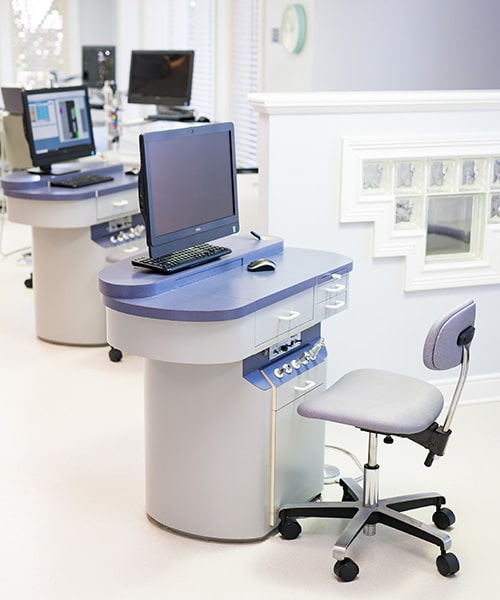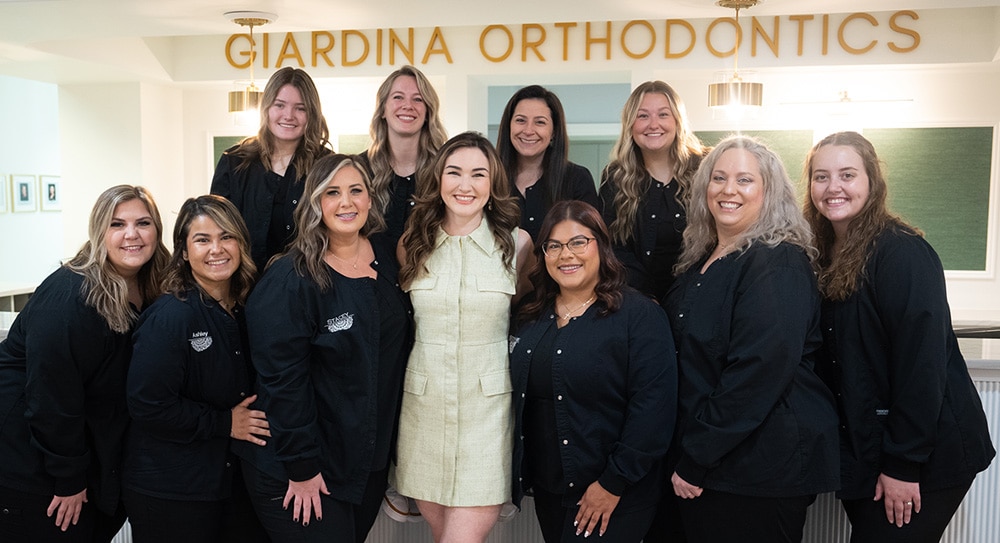Occasionally, patients may experience issues with their orthodontic appliances. Here are some helpful guidelines to address common problems until you can visit our office
Injuries
If you sustain a mouth or tooth injury, whether you’re undergoing orthodontic treatment or not, follow these steps:
- Immediately apply ice to the injured area.
- Contact your regular dentist promptly for an assessment.
- Please also notify our office so we can provide the necessary support. We may require an x-ray to evaluate the extent of the injury. If the injury involves a displaced, knocked out, or fractured tooth, your family dentist should be contacted first due to the potential need for specialized materials or anesthesia.
Broken Orthodontic Appliances
If you experience issues such as loose bands, brackets, or broken wires, please contact our office during patient hours for an appointment. While we strive to accommodate emergencies promptly, please understand that walk-in visits may not be feasible to maintain the schedule for scheduled patients. If you already have an adjustment appointment scheduled, informing us about the issue beforehand will help streamline your visit and allow adequate time for repairs.
Tips for Temporary Relief
- If a tie wire is causing irritation, you can cover it with beeswax, sugarless chewing gum, or gently tuck it under the archwire using a blunt object like a pencil eraser or Q-tip.
- A loose band or bracket can often be left in place until your scheduled visit. Please call us during patient hours to schedule a reattachment if necessary.
- For a broken or poking archwire, you may temporarily bend it with a pencil eraser or trim it with nail clippers. If the issue persists, please contact our office during patient hours for further assistance.
After Office Hours
In the event of an orthodontic emergency causing significant discomfort after regular office hours, please contact our office and follow the prompts for orthodontic emergencies. Our on-call doctor or clinical technician will be available to assist you promptly.
We are committed to providing you with exceptional orthodontic care and ensuring your comfort throughout your treatment journey. If you have any questions or concerns, please don’t hesitate to reach out to our office.




